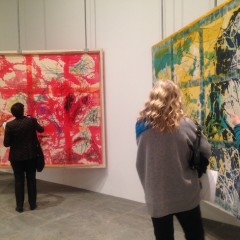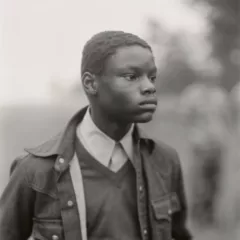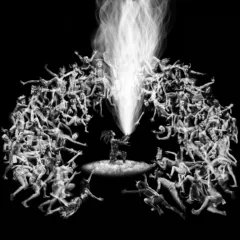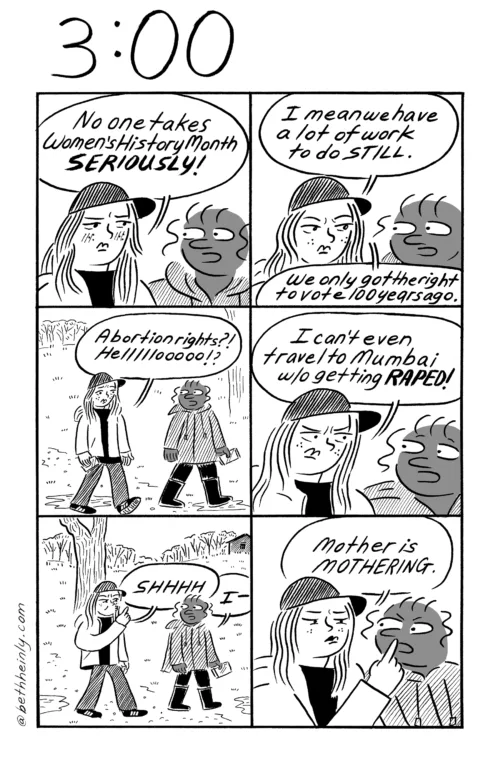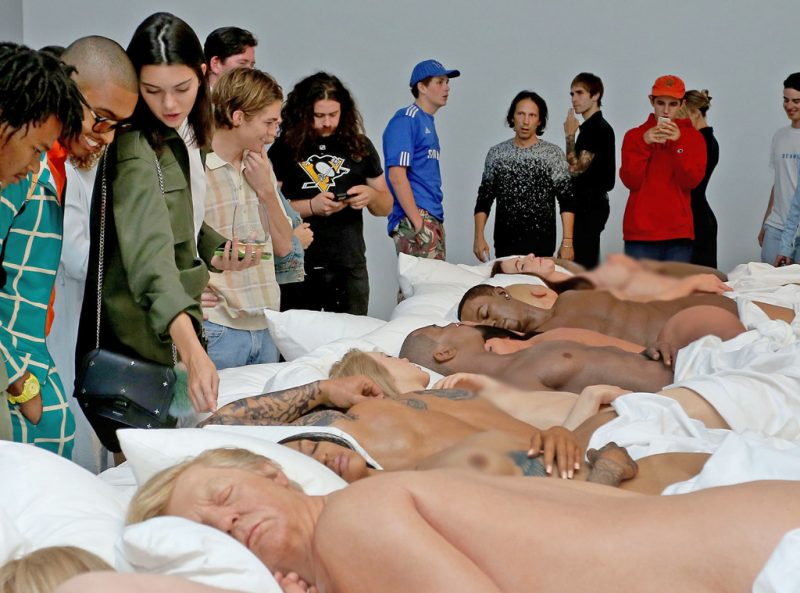
Are artists special? This seems like one of those big bloated questions that avoids consideration mostly because talking about it would take too long. (Sometimes I feel every artist talk or discussion should begin by asking, What is art?) In one sense, it is a fairly straightforward question–yay, artist are special or neah, artist are not special. Of course, like most seemingly straightforward questions, there is a long and complicated path to the answer–e.g., Are you hungry? It depends. To address this question I want to examine a few of the underlying terms and, perhaps more importantly, explore how this discussion is shaped by tired tropes that are perpetuated by artists and non-artists alike.
“Specialness”
I used the word “special” because it embodies the sentiment most often associated with the particular brand of “otherness” artists and society have collectively agreed upon. “Special” can mean gifted or better than usual, but has other connotations, as in the term “special needs,” that relate to the education of people with learning, physical, emotional and behavioral difficulties. The designation of “special” has a distinctly patronizing inflection, like when Donald Trump described former Alaskan Governor, Sarah Palin, as a “special person” with whom he would love to work. Using “special” to describe artists is logical because it can describe a contradiction of roles that artists are constantly embracing and rejecting. In the eyes of society at large, artists are people both disabled and somehow gifted. We use this duality to gain admiration (Artists are so fun and interesting!) and sympathy (Sorry I never emailed you back, I’m just a left brain type of person!). It is also used to disempower artists as pursuing our “gift” is often considered ephemeral compensation for labor. (I can pay you in exposure!) The idea of an artist being both inspired and flawed (read: tragic) is a construct built by both artists and our cultural enablers. But just because the myth of the tragic artist, the special artist, has existed since at least the beginning of modernity, does that make it any less true?
There is another dimension of “special” that must also be considered–being “special” means to be privileged. In one way, we find our answer here in that artists are indeed special because they enjoy certain privileges not afforded to others. Those who consider themselves artists are often products of higher education in the arts and humanities–a totem of privilege only available to those who have the luxury of pursuing a career (and lifestyle) from a position of financial independence and stability. It is an inescapable privilege that artists can labor for their passions and gifts while everyone else must labor for existence and money. It is important to clarify here that this instance of privilege is not necessarily a bad thing. In fact, in an ideal world everyone would have ability to apply their labor to what inspires them the most. What does need reconciliation is the artist’s responsibility to recognize our privilege and form strong working bonds of solidarity with all those who labor. You want to get paid to pursue your dream of painting paintings? Then you also need to support this person’s dream of understanding how squirrels mate or how cars run.
How to spot an artist
Also up for grabs in this conversation is the means by which we identify artists. If Joseph Beuys is right in that we all have the ability to make art and be artists, it would seem that “artist” is a self-identifying term. But then why do so many people choose to not identify as artists? One common argument is that people feel that they are just not good at making art. But being bad at something doesn’t mean you can’t identify as such. (Think of all the cops who are terrible at their jobs but still get to wear badges). That being said, what is it that makes some people “better” at art than others? This is where Beuys encounters the art market and our ability to self-identify is removed–outsourced to authorities and taste-makers in museums, schools, galleries, auction houses, and mansions who get to decide which artists are valuable and therefore validated.
Reclaiming “everyone is an artist” is an important facet of the “Are artists special?” conversation. Without that consideration, I would answer that artists are not really special, only privileged and plagued by the culturally constructed myth of the tragic artist. But if those of us who self-identify (and who are identified) as artists work to redistribute the “specialness” of art-making to all people, then we can answer this questions from a new perspective: Artists are special because everyone is special.



